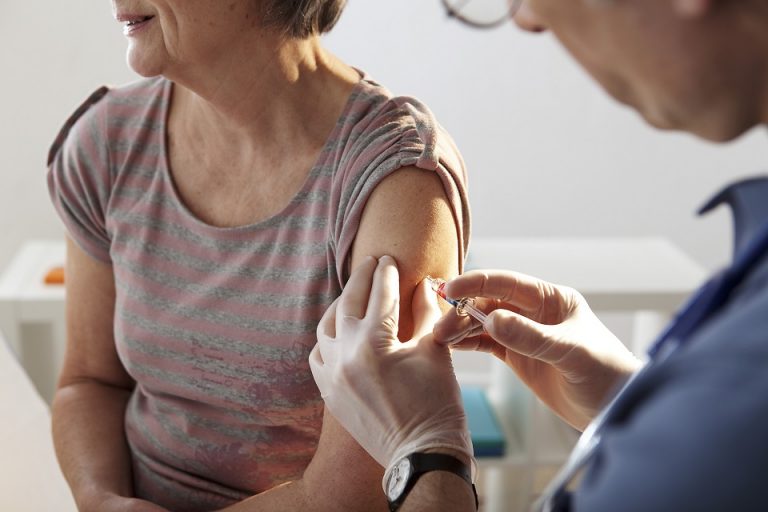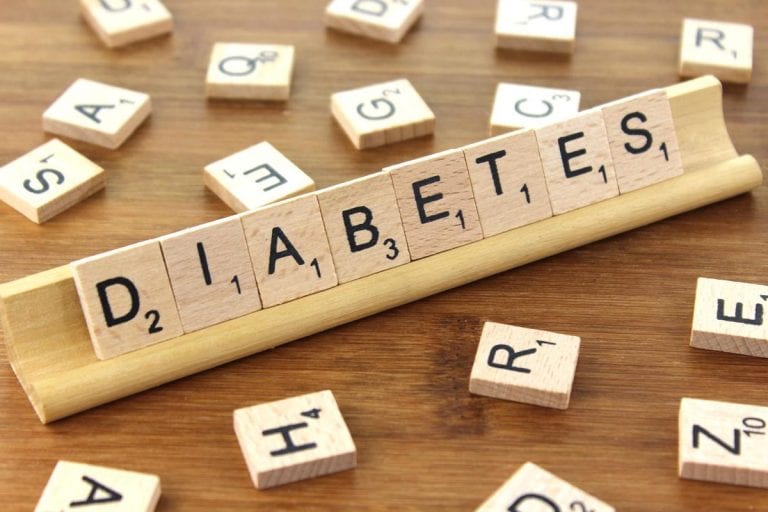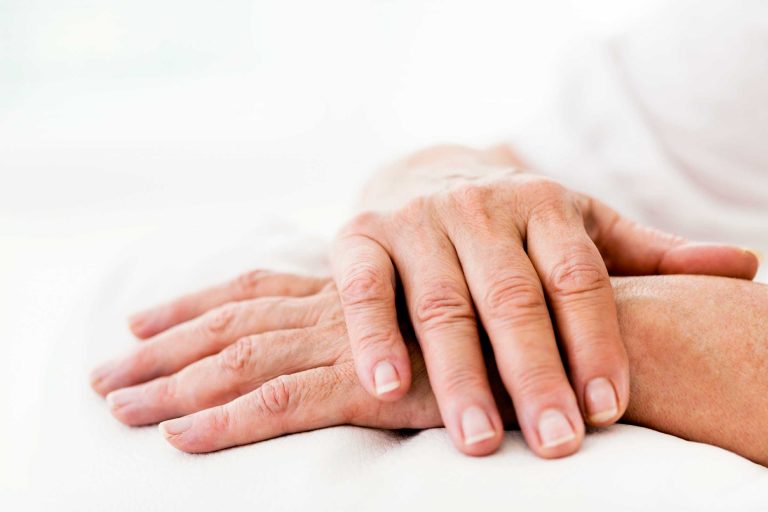
For people living with chronic obstructive pulmonary disease (COPD), everyday life can be difficult. COPD is a group of progressive lung diseases, including emphysema and chronic bronchitis. About 30 million Americans have COPD, and more than half are unaware of it.
You may know that smoking and genetic factors increase the risk of COPD, but your environment plays a big role, as well. Where and how you live can greatly impact the severity of your COPD symptoms. Because COPD directly affects your ability to breathe well, good air quality is extremely important.
Extended exposure to irritants and pollutants can increase your risk of COPD. It can also worsen symptoms if you already have it. Tobacco smoke is the most significant risk factor for COPD. Long-term cigarette smokers face the highest risk. But people who have continued exposure to large amounts of secondhand smoke are also at increased risk of COPD.
Other environmental risk factors for COPD include long-term exposure to:
- chemical fumes, vapors, and dust in the workplace
- burning fuel fumes, such as from gas used for cooking and heating, paired with poor ventilation
- air pollution
- In a nutshell, what you breathe affects your risk of COPD. The fewer pollutants and particulate matter, the better.
Maintaining a smoke-free home is one of the most important ways you can decrease your and your family’s chances of developing COPD or worsening symptoms. There are other things you can do around your home to improve air quality, as well.
These everyday tips will help you breathe more easily in your home:
- Avoid harsh chemical cleaners, sprays, powders.
- Keep your home dust-free and avoid dusty areas as much as possible.
- Use an air purifier.
- Avoid direct contact with sick people.
- Burning wax candles can also be irritating, so you should ask your doctor whether they’re safe.
“One huge thing I was doing wrong was using popular [brand] candles around the house,” says Elizabeth Wishba, who lives in Bakersfield, California and has managed COPD for more than 10 years.

























